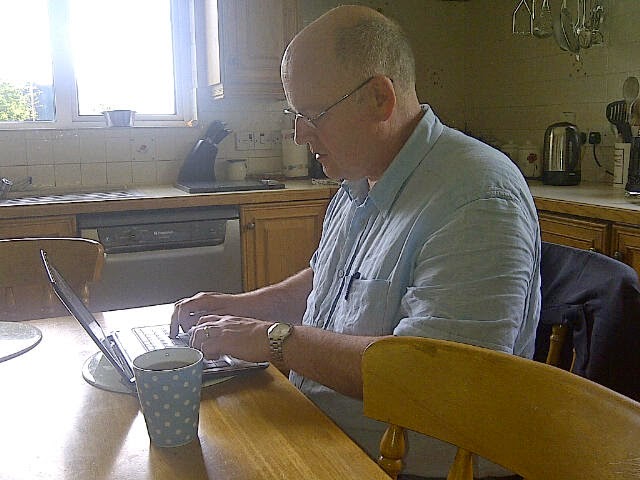At dusk on Friday
the first of July – one hundred years to the day after the start of the Battle
of the Somme – I paid a short visit to the war memorial in the centre of Derry.
I scanned through the hundreds of names inscribed on the monument and came to my
great-uncle’s. Sergeant Denis Roddy was a Lewis gunner in the Royal Irish
Fusiliers, and he died on the Western Front on September 4th 1918.
Not for the first
time, I wondered why one of my ancestors would have donned a British army
uniform and fought overseas in one of the bloodiest conflicts in history. I
know that young Irishmen like Denis were told that the war was being fought to
defend their faith and to defend small nations.
Two days before
the recent EU referendum poll, prominent Labour Brexiteer Gisela Stuart
claimed: "We can take back control over our laws. We can take back control over
taxes. We can take back control over our borders, immigration policy and
security."
As I listened to
her, I wondered who exactly she meant by ‘we’. A week of Tory bloodletting and
an insurrection in the Labour Party have ensured that the Conservative Party
will be in control of our laws, our taxes, our borders, our immigration policy
and our security for the foreseeable future.
No doubt Ms Stuart
would defend this outcome by saying that "the people have spoken". Indeed they
have. But so have the peoples of Northern Ireland and Scotland – and with a different voice.
Ms Stuart, who
felt so aggrieved at the ‘control’ that Brussels exercised over UK citizens’ lives,
should sympathise with us now. Momentous decisions which affect our lives will
be made by Conservative politicians in Westminster who have no more mandate to
govern us than the Brussels bureaucrats Ms Stuart disparaged.
Today, the
minister overseeing the UK’s exit from the European Union, David Davis, will
talk to NI’s first and deputy first ministers by telephone. It should be a
strange conversation. Mr Davis was an ardent advocate of Brexit, but his boss –
the new prime minister, Theresa May (as well as her predecessor, David Cameron)
– thought it was overwhelmingly in Northern Ireland’s best interests to remain
in the EU.
When Arlene Foster
speaks to Mr Davis, she will be at odds with the deputy first minister, Martin
McGuinness, and out of step with the majority of Northern Ireland voters. Mrs
Foster believes, as she is entitled to, that Brexit will be better for Northern
Ireland. Most of us disagree. A majority of Scots think they, too, will be
worse off.
Two years ago, as
Britain commemorated the start of the First World War, David Cameron said that
some of the principles that soldiers — like my great uncle Denis and others —
had fought for were still relevant. He said men rallied to the cause of
stopping one big European power "snuffing out" a small country like Belgium. He
said "small countries had a right to their independence and existence".
His successor,
avowed unionist Mrs May, should tread carefully. The British government’s
handling of the EU membership issue will have profound consequences for the
integrity of the United Kingdom in the long term.
With Scotland and
Northern Ireland having rejected Brexit so emphatically, it will be interesting
to see how far the rights of small nations are respected and protected now.

